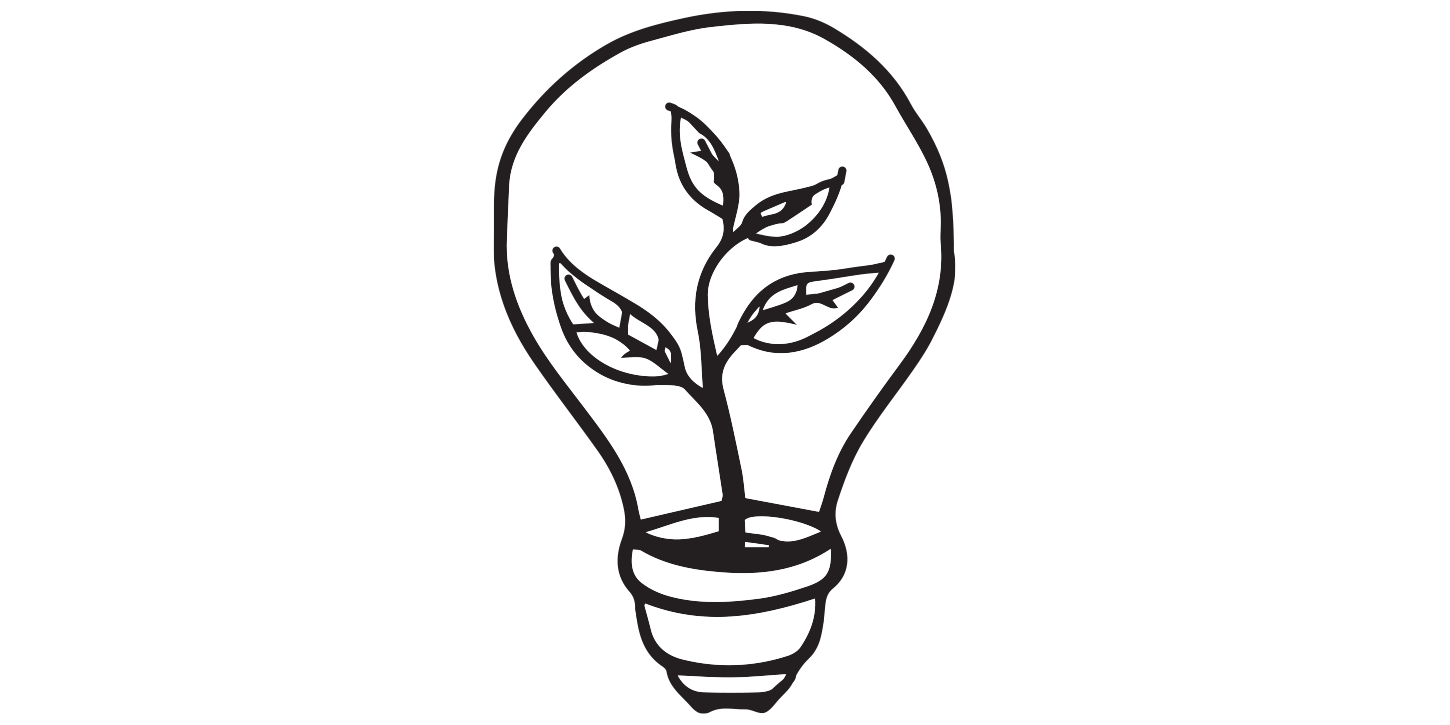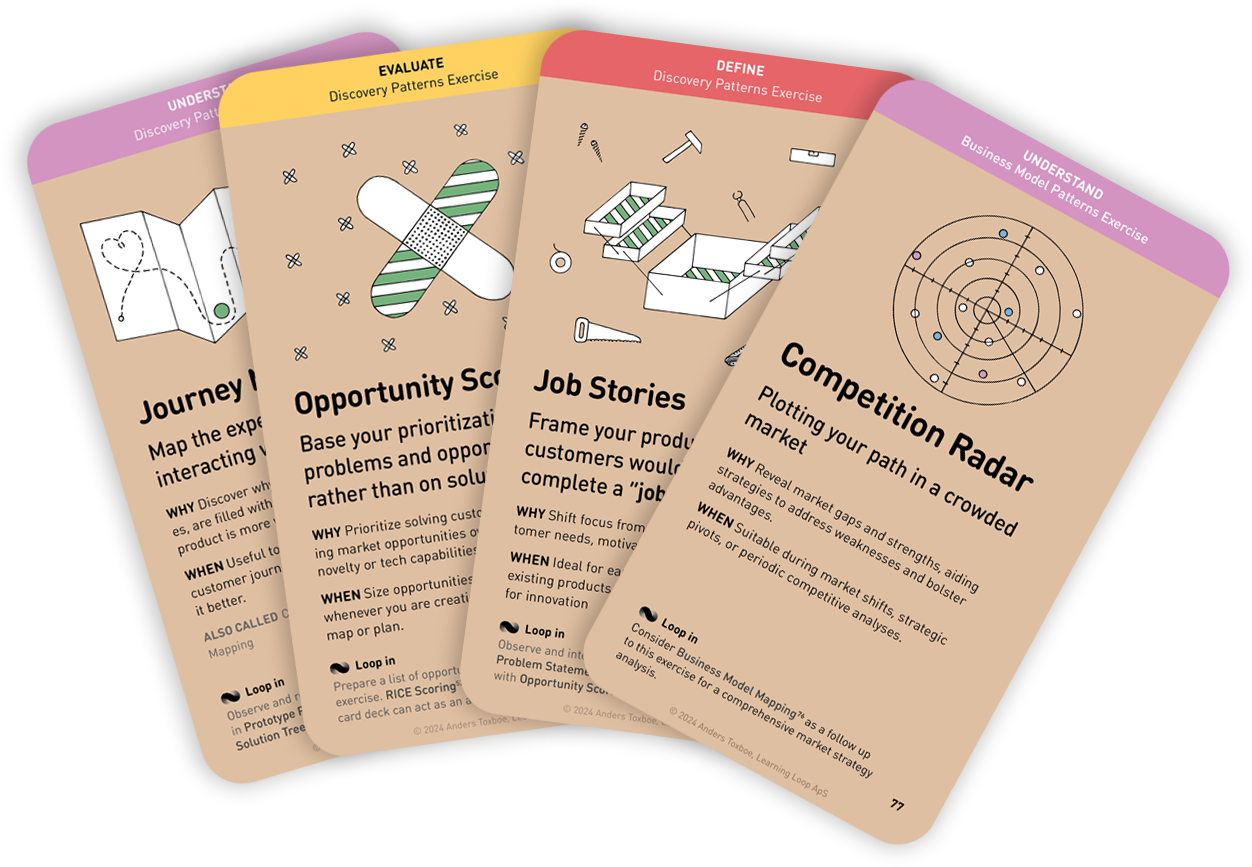Workshop Exercises: Ideate
Yes, And! Brainstorm
Disrupt negative thinking and build on each others' ideas

Why: Promote mutual respect and collaboration to dissolve hierarchical boundaries and encourage free-flowing idea generation
When: Great for including less extroverted participants by providing a structure that feels less frenetic and irrational
Instructions for running this play
- Frame problem. Articulate on the challenge you want to explore. How Might We…* is a great way to frame it.
- Initial idea. Write down a game-changing idea on a whiteboard. Use the following format: _It would be game changing to ______
- Silent storm. Let participants spend a Timebox of 3 minutes to write down one novel approach to accomplishing the game changer on a sticky note. Have each participant Playback their ideas and place them on the board.
- Yes, And! Ask each participant to build on the ideas by saying “yes, and” before they contribute. If some of the builds spark other ideas, feel free to capture those as well.
- Repeat. Repeat the process until everyone’s idea has been built upon by everyone else at least once.
Instructions for running this play
- Identify the Starting Point. Begin by articulating a question or a challenge that you want the group to explore.
- Form Sub-groups. Next, form pairs, triads, or small groups depending on the size of the overall team.
- Initiate Idea Generation. In each group, ask one participant to kick off the process by proposing an idea related to the identified question or challenge.
- Idea Building. The subsequent person in the group then contributes to the idea, initiating their statement with “Yes, and…”. This process continues around the group in a circular fashion, ensuring everyone adds to the growing idea.
- Reflect and Share. After completing 1-3 rounds of idea building, participants reflect on their experience. They share what they found challenging or easy, as well as anything that surprised or inspired them. As a facilitator, ensure to record these thoughts, ideas, and insights for future reference.
- Restart the Process. To initiate a new round, select a different person to start the process again with a fresh idea or question. This way, the activity remains dynamic and each participant gets a chance to ignite the idea generation process.
Tips to perfect this play
Master and adapt the play to fit your context and needs.
Tip: Written & anonymous version
Consider making the exercise written rather than public and spoken to provide more room for less extroverted participants. Pass on a written idea to the left to let the next person build on it.
Tip: Allot more time for large groups
Adjust the time intervals for larger groups or more complex problems
Tip: Introduce role playing
Let participants play different characters during brainstorming to introduce diverse perspectives
Tip: Flip the script
After a round of positive "Yes, And!" responses, flip the script and try "Yes, But…" to introduce constructive criticism.
A collection of workshop exercises that will help you ditch dull meetings and facilitate with confidence. It will help you master the design process and have more productive time with your team. The card deck will be ready for purchase in the end of 2026 and is now undergoing rigorous testing.
Reserve your deck!